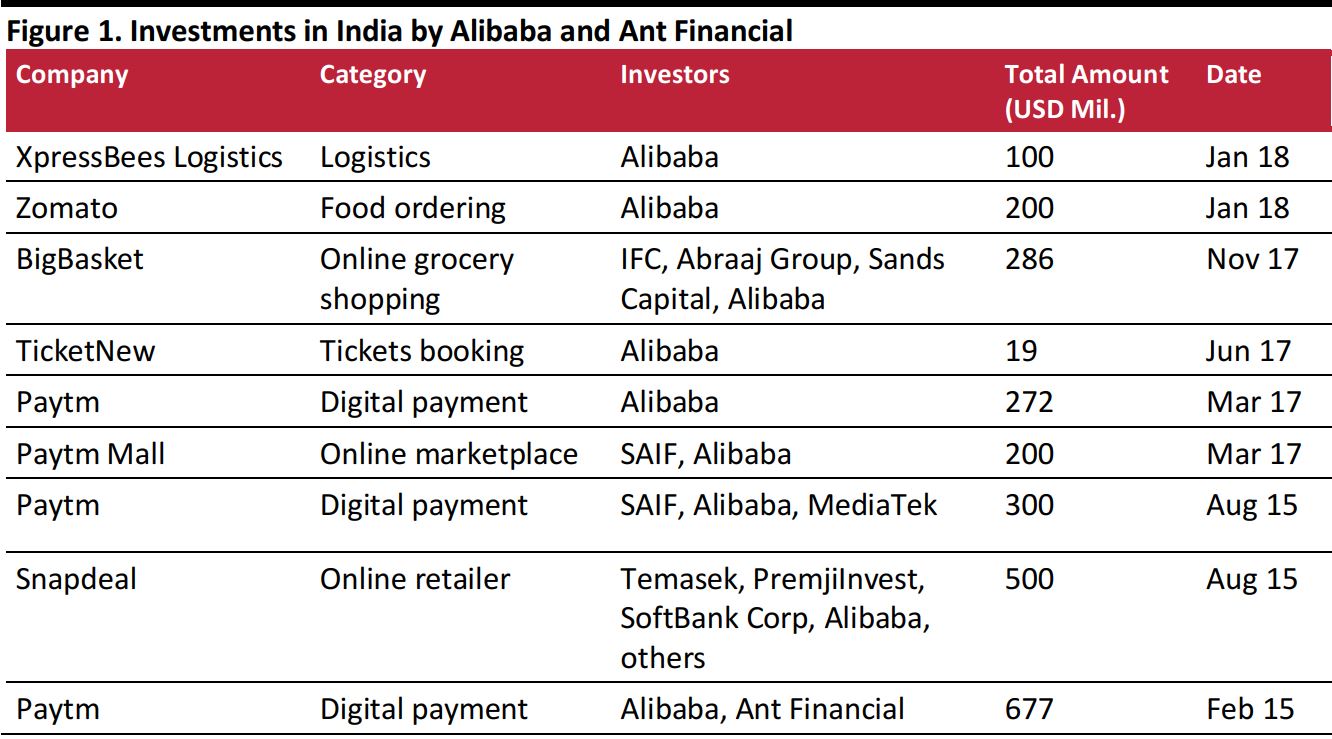Alibaba to Collaborate with Major Turkish E-Commerce Platform Trendyol
On June 28, Alibaba announced that it had bought an undisclosed stake in Turkish online fashion retailer Trendyol from existing investors. Trendyol is one of the fastest-growing e-commerce sites in Turkey, with 16 million users and 90 million monthly visitors. Trendyol says it strives to “make fashion accessible and affordable in Turkey” and it sells a variety of high-fashion products, perfumes and household goods. It has advantages over competitors in price, and offers discounts of up to a 90% on fashion products at set times,due to its agreements with suppliers.
Currently, e-commerce accounts for only 3.5% of all retail sales in Turkey, according to Alibaba.Yet, Turkey’s population of 80 million is one of the youngest in Europe, with 50% of the population below the age of 30, and this represents an attractive, long-term consumer market opportunity.The partnership leverages Alibaba’s strengths in retail ecosystems (see next section) including technology, e-commerce, mobile payments and logistics, while allowing Alibaba to bring Turkish brands, merchants and manufacturers to more people globally through Trendyol.
Alibaba can reach 2 billion people through Trendyol, from Russia to the Middle East, and Europe to North Africa, commented Sinan Öncel, Chairman of the United Brands Association of Turkey (BMD), a leading retail association in Turkey. This can be attributed to Turkey’s unique geographical position: at a global junction in the Eurasia region, connecting Europe, Africa, Russia and the Middle East.
Alibaba to Build an Entire Retail Ecosystem in Turkey, with Possible Expansion in Eurasia
Alibaba could build an entire retail ecosystem in Turkey based on its experiences in China and India, on where it operates or has interests in and through its marketplaces, payments and logistics.Alibaba’s expansion in India is also a good example of how Alibaba uses this ecosystem: in the past few years, Alibaba Group(including its subsidiary Ant Financial) has made a number of investments in India, in areas such as e-commerce,digital payments, food ordering apps and logistics (see Figure1). These investments fit into Alibaba’s New Retail strategy of connecting online and offline shopping experiences, by linking shopping, payments and logistics.
 Source: VentureIntelligence
Source: VentureIntelligence
We believe Alibaba could expand into the Eurasia region in a similar way as it has in India. Its logistics affiliate Cainiaois planning to open five global digital trading hubs in Asia, Europe and the Middle East to connect trade in the region. Alibaba announced in May this year that Dubai, Hangzhou, Kuala Lumpur, Liège (Belgium) and Moscow will be the first batch of cities selected.
Alibaba’s Investments Echo OBOR
Jack Ma, CEO of Alibaba, commented that Alibaba intends to “expand (business) in line with OBOR.” OBOR was introduced by President Xi Jinping in 2013, with the goal of bringing local SMEs into global commerce on a huge scale.
There are around 30 million SMEs in Turkey. The Turkish Ministry of Economy is working to “support SMEs to connect to e-commerce platforms like Alibaba”to conduct digital-based trade. Alibaba’s investment in Trendyol, according to Adam Garrie, Director of Eurasia Future, should help to connect SMEs in Turkey and eventually help Turkey to play an important role as a major hub in OBOR.
This fits in with Alibaba’s vision to conduct business all over the world and facilitate trade via building trading infrastructure. In April this year, Alibaba Cloud partnered with Turkish E-Glober (Alibaba’s sole authorized agent in Turkey) to provide cloud products and services, including elastic computing, database services, networking, security, middleware, analytics and big data, to help Turkish enterprises to catch up with digital-based global trade.
Key Takeaways
Alibaba has invested in Turkey’s leading e-commerce retailor Trendyol with the aim of bringing Turkish products to global customers. We expect Alibaba to continue to make similar investments in Eurasia as it has in India.
The investment marks another step in the Chinese tech giant’s vision to operate globally. Alibaba’s expansion appears to follow President Xi Jinping’s OBOR initiative to unlock the potential of SMEs through enhancing connectivity, according to Wang Jian, an economics professor at the University of International Business and Economics. We believe Alibaba will continue to pour its strength into investing in e-commerce firms in the Eurasia region to help bring local SMEs to the global market.


 Source: VentureIntelligence
Source: VentureIntelligence